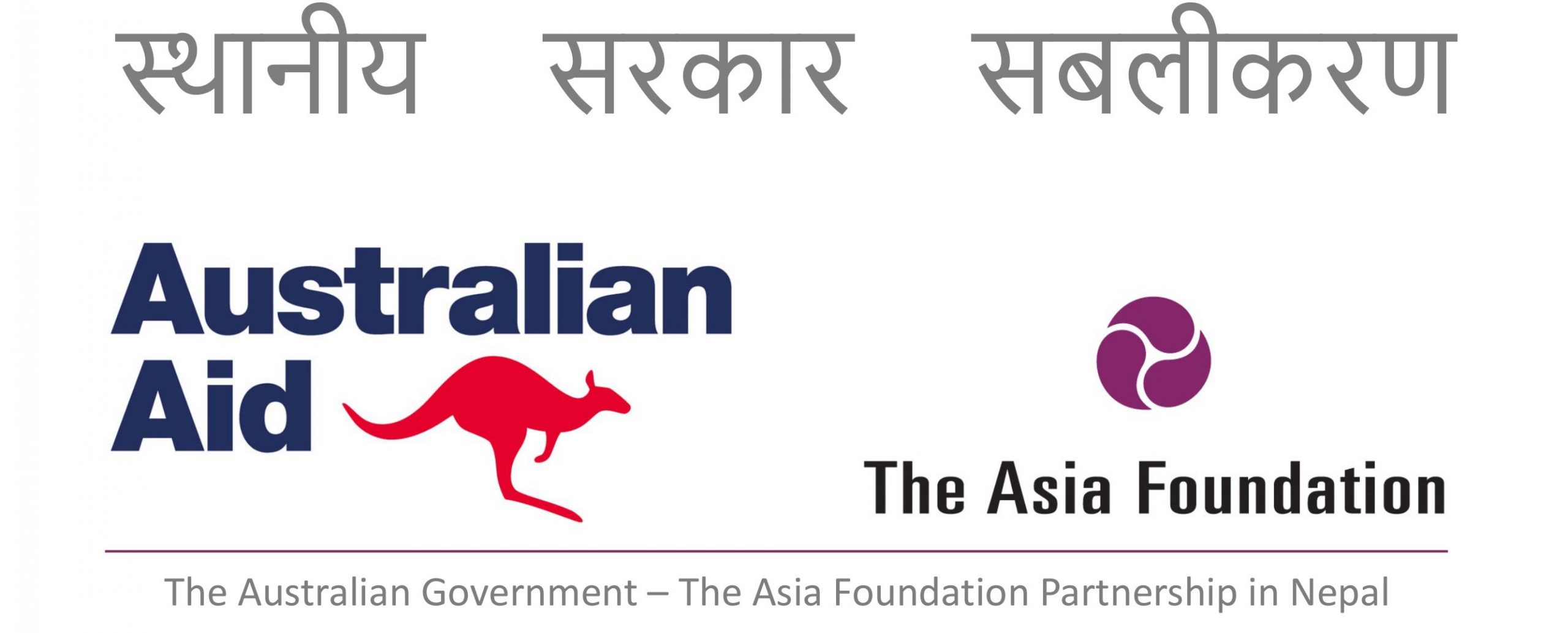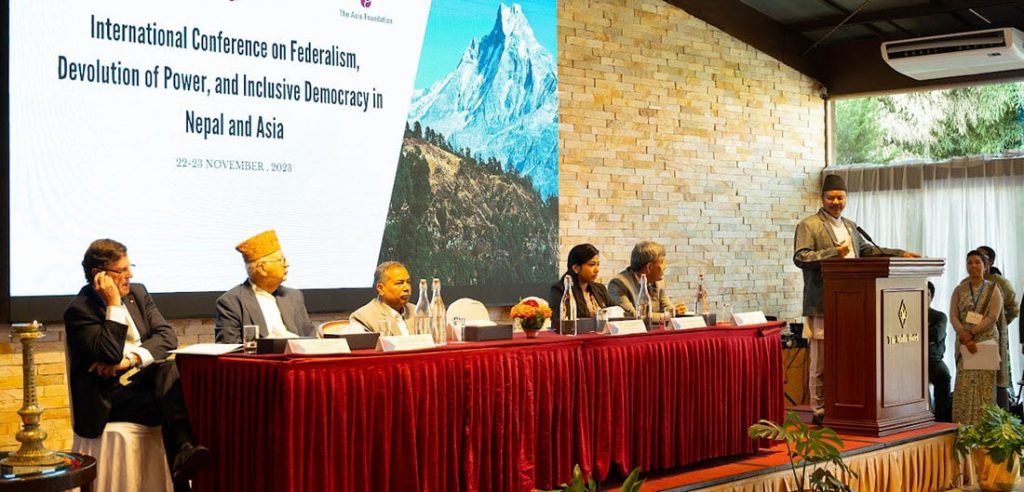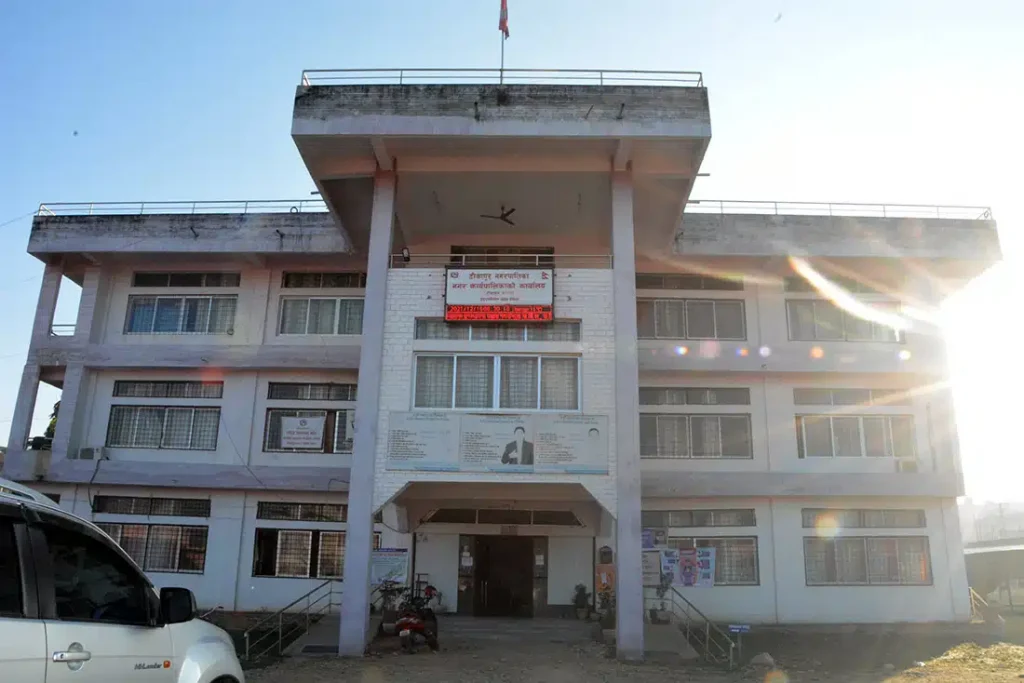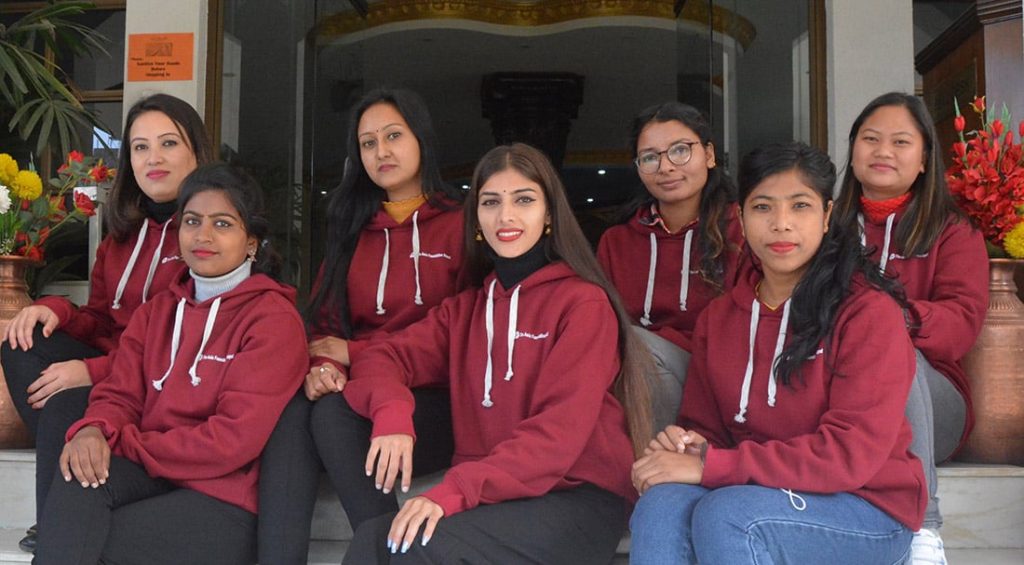From Stand-offs to Solutions: When the Stakes are High for Everyone
Published on January 30, 2019
Sumina Karki
Almost 40 years ago, the indigenous population of a rural district in the far-western province of Nepal were displaced from their homes to make way for a national wildlife reserve. Today, they still live in temporary camps, and most of them have not received compensation for their land or homes. In a municipality in an adjoining province in the midwest, recently elected officials launched a bitter court fight over the local administration’s “authoritarian” management style and its failure to consult ward representatives and the public when making important decisions. And in another city, this one in the east, citizens protesting what they called an arbitrary and “unscientific” tax hike padlocked the municipal offices.
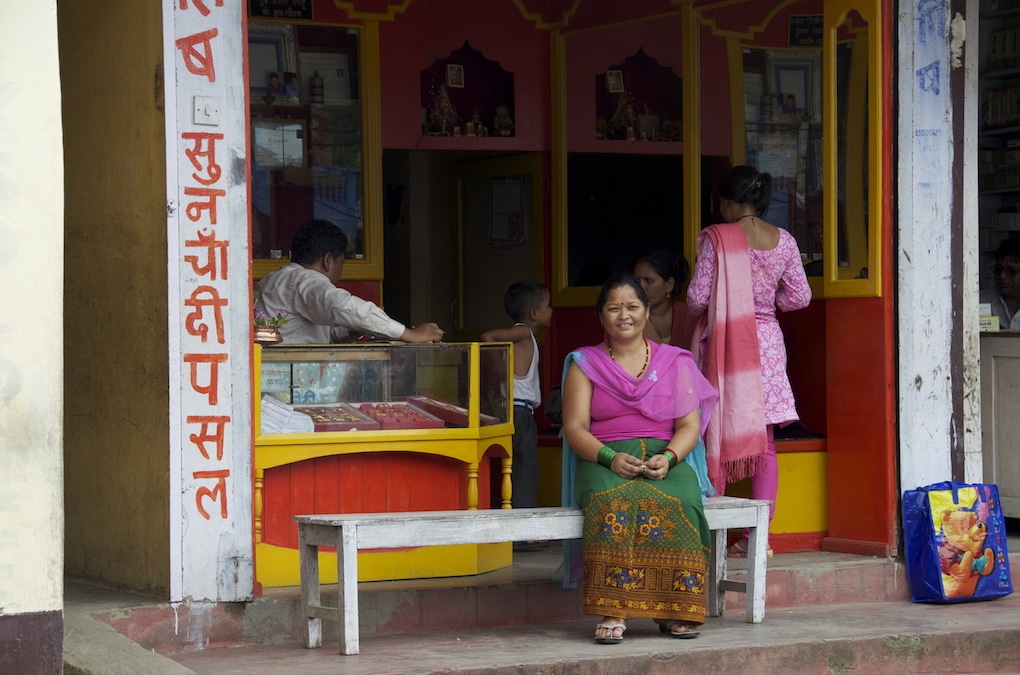
Such are the growing pains as Nepal feels its way towards federalism, a transition that, despite a sea change in Nepal’s social fabric and governance, is difficult and in which the stakes are high for everyone.
For two decades, including 10 years of active civil war, Nepal’s local communities were governed by bureaucrats appointed by the central government, a system that perpetuated many of the causes of national unrest. A new constitution in 2015 and local elections in 2017 marked the beginning of the nation’s transition to a multitiered, federal system. Expectations were high, and voter turnout was an impressive 70 percent, but the learning curve for the new municipal bodies has been steep. A lingering culture of centralized decision-making, old animosities from the years of Maoist insurgency, limited resources, and inadequate laws and mechanisms to implement them have contributed to a pervasive culture of mistrust and lack of transparency.
Amid this slow and incremental progress, an Asia Foundation program of facilitated dialogues has been helping stakeholders in stubborn disputes to get from stand-offs to solutions, and to head off emerging issues and grievances before they become conflicts.
Structure and Process
Dialogue has been something of a buzzword in democratic Kathmandu. Political leaders tell the media that they will “come to the table” to address contentious issues. Development agencies promote one-off “dialogue” sessions for brainstorming. In the peacebuilding setting, important to Nepal in this period of transition, dialogue can be envisioned as genuine and voluntary interaction, in safe, informal spaces, where stakeholders can deliberate to improve their relationship and build a common understanding of contentious issues.
The Foundation’s dialogue program, funded by Australia’s Department of Foreign Affairs and Trade, operates in 20 districts, in five of Nepal’s seven provinces. Led by trained facilitators, dialogue forums typically bring together a cross-section of civil society, politicians and political parties, business interests, the media, and others, across ideological divisions. Forum members are more than one-time participants in these meetings, and they are trusted by local communities and state agencies for their demonstrated ability to facilitate and coordinate.
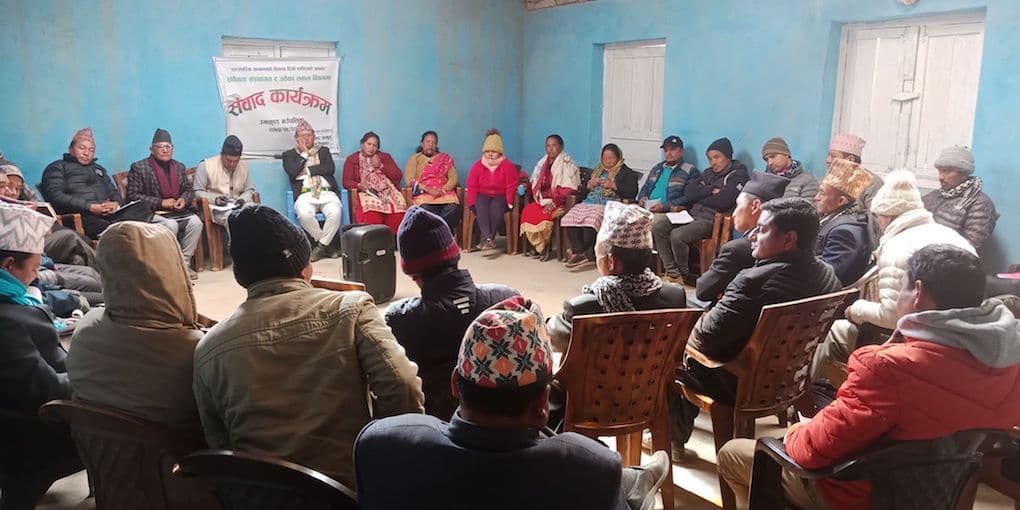
Stakeholders meet in confidential settings where they can work on sensitive and politically charged issues that could lead to deadlock in a formal political negotiation. Facilitators manage the dialogue process to bring together people who are quite far apart on identified issues and conflicts. The solutions to many local grievances require concrete plans and policies, and trusted forum members often convey local issues to relevant state and nonstate agencies.
The Foundation first launched its regional dialogue program in three conflict hotspots in 2012, even as the civil war was raging. At a national level, the Foundation had supported the Nepal Transition to Peace (NTTP) forum, which was working to advance the peace process and support the Comprehensive Peace Accord by convening political parties and civil society leaders in confidential, informal settings. Drawing on the model of the NTTP forum, the regional dialogue forums brought together the political parties that were the main protagonists in the political unrest, to find ways to stop the ongoing violence at the regional level and bring their issues into the mainstream conversation. Encouraged by the unlikely success of these early initiatives, the Foundation began organizing facilitated dialogues on subnational governance to support the move to federalism and locally elected governments, as envisioned in the new constitution.
Strengths and Challenges
The Nepal experience shows that a successful dialogue requires a long-term commitment by all the stakeholders, including facilitators. Constructive discussions among multiple parties, each with their own needs, interests, and political constituencies, can take months or even years of time and resources, especially when conflicts have become deeply politicized or are historically rooted. Even when stakeholders have reached a consensus, external factors such as lack of effective policies or federal buy-in can thwart success. Agreements forged with great effort can easily fall apart. To achieve durable results, a dialogue must also create vertical and horizontal interactions and linkages among different state and nonstate actors for timely implementation of policies or policy changes.
In a successful dialogue, the stakeholders “own” the process. Resolutions achieved through such a process can be transformative and sustainable. On the other hand, there is always the risk that powerful interests or elites will dominate the dialogue process, especially if one of the parties is the government. A culture of silence prevails in the presence of authority in Nepal. Deep-rooted cultural norms of caste, class, gender, and religion further complicate the situation. In this complex environment, dialogue facilitators must be cognizant of existing power relations so that stakeholders, though playing on an unlevel field, can genuinely participate in the process.
In the cases mentioned at the start of this story, a series of facilitated dialogues helped stakeholders go from stand-offs to solutions. In the far west, a new working relationship between the displaced community and the local government has led to a series of breakthroughs. Stakeholders have acknowledged that past efforts were too dismissive of the victims. The District Coordination Committee has petitioned the federal and provincial parliaments to speed amendments to the Land Act that may bring relief. The midwestern municipality started holding public consultations to establish greater transparency in public business and development works. And in the city in the east, government offices reopened after a series of dialogues with critics, and stakeholders worked together to reevaluate the taxation process and the new tax structure.
Previously published on asiafoundation.org. Sumina Karki is the Lead, Inclusive Governance at The Asia Foundation Nepal. The views and opinions expressed here are those of the author, not those of The Asia Foundation.
